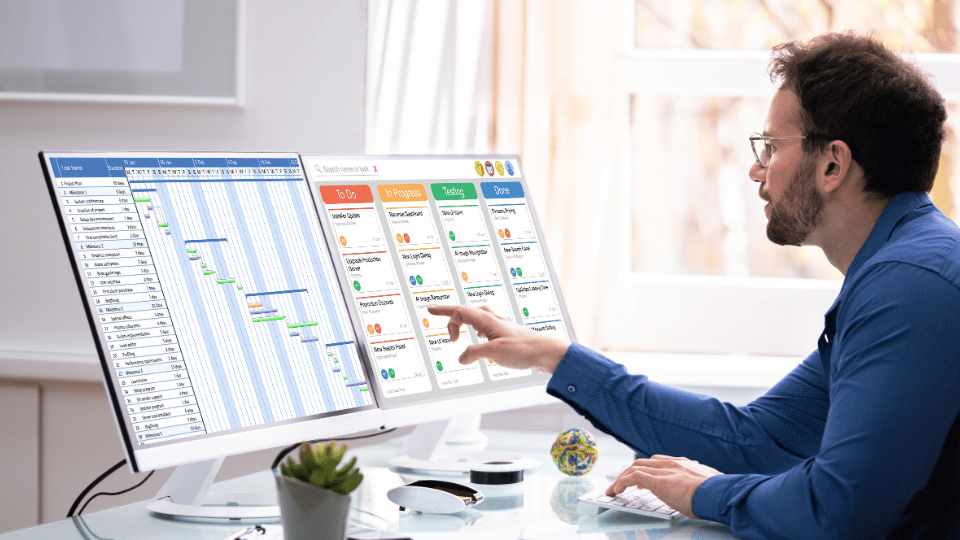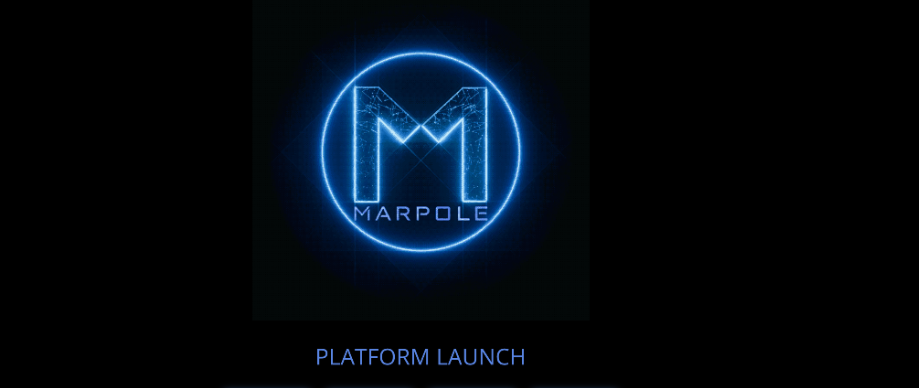The landscape of healthcare is one of constant evolution, with breakthroughs and new practices emerging routinely. It’s a field where stagnation isn’t an option, and as such, medical professionals must be committed to continual learning to provide the best possible care. Continuous training and education are vital to keeping skills sharp and knowledge current. Below, we explore the resources that can support healthcare practitioners on their journey of lifelong learning.
Embracing a Culture of Lifelong Learning in Healthcare
The healthcare industry thrives on the principles of continuous improvement and evidence-based practice (EBP). For medical professionals, this means a commitment to lifelong learning, which extends beyond formal education into their daily practice. By staying abreast of the latest advancements and refining their skills, clinicians ensure they can deliver the highest quality of care to their patients.
Modern medical practice encourages clinicians to partake in a variety of educational experiences. These may include advanced certifications, such as CPR certification, which are essential for emergencies, or staying active in professional communities that specialize in their field of practice. These communities often offer journals, webinars, and other resources to foster continuous learning.
In addition to formal avenues, peer-to-peer learning and mentorship play crucial roles in the dissemination of knowledge within healthcare. Experienced practitioners taking the time to share their wisdom with newer colleagues helps to elevate the overall standard of care. Mentorship, in particular, has the potential to transform theoretical knowledge into practical expertise.
Key Online Platforms for Medical Professionals’ Continuous Education
With technology’s advancement, medical professionals have access to a vast array of online platforms dedicated to their ongoing education. These platforms offer courses, lecture series, and training modules that can be accessed at any time, making it convenient to stay updated on medical knowledge without disrupting busy work schedules.
One of the main advantages of these online learning sources is their adaptability. They cater to different learning styles through interactive content, videos, and quizzes, which enhances retention and makes the learning process more engaging. Some platforms also offer virtual classrooms, allowing for interactive discussions with peers and instructors from around the world.
Apart from general medical knowledge, these online resources often focus on specialization areas. Physicians, nurses, and other healthcare providers can delve deeply into their fields of interest or explore new disciplines to broaden their expertise. Resources for specific skills, such as a teach the teacher course, can also be invaluable for those looking to extend their knowledge into educational roles.
Leveraging Workshops, Seminars, and Conferences for Skill Enhancement

Beyond online education and virtual simulations, traditional methods of in-person workshops, seminars, and conferences remain pivotal in the continuous education of healthcare workers. These events provide opportunities for professionals to learn about cutting-edge research, innovative technologies, and best practices from leading experts in the field.
Seminars and workshops offer more than just lectures; they are interactive sessions where healthcare professionals can engage in discussions, ask questions, and even participate in hands-on demonstrations. Such environments foster a unique learning experience, where professionals are exposed to the collective intelligence of their peers and leaders in their field.
Conferences are not just educational; they often double as networking events where practitioners can connect with like-minded colleagues from across the globe. These connections can lead to collaborations, research opportunities, and even career advancements. Moreover, they often include exhibitions showcasing the latest tools and technologies in medicine, allowing attendees to stay updated on industry trends.
Building a Supportive Community for Knowledge Sharing Among Healthcare Workers
Strengthening knowledge sharing within the medical community is essential for continuous development. Supportive communities, whether they are formed within an institution, online, or through professional associations are vital in fostering a collaborative environment where shared experiences lead to collective growth.
These communities serve as platforms for peer review, where medical professionals can consult each other on challenging cases, share clinical experiences, or discuss the latest research findings. This exchange of knowledge is invaluable in an industry where the experiences of one practitioner can benefit many others.
Altogether, the continuous education and training of medical professionals are critical for maintaining excellence in patient care and the advancement of healthcare. The various resources available—from online platforms to simulation training, and community support—ensure that healthcare workers remain at the forefront of their fields while navigating the ever-changing landscape of medicine. By embracing these educational opportunities, medical professionals can enhance their skills, foster collaborative relationships, and ultimately, contribute to the well-being of the communities they serve.






